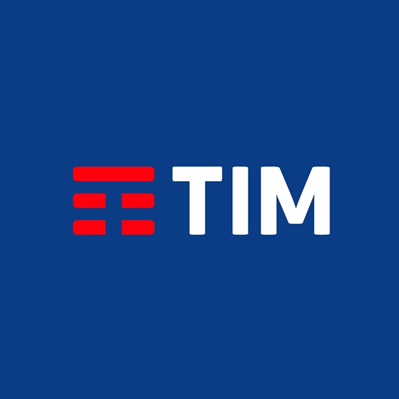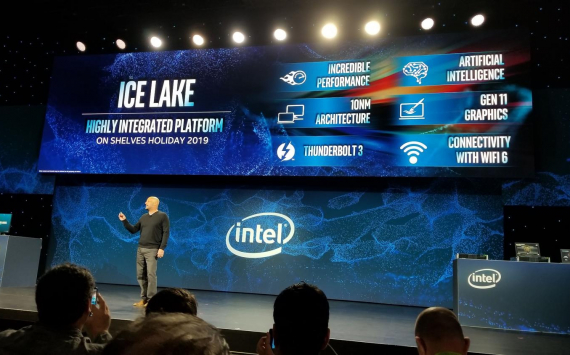Description
Telecom Italia is an Italian telecommunications company with headquarters in Rome, Milan, and Naples, (with the Telecom Italia Tower) which provides telephony services, mobile services, and DSL data services. It is the largest Italian telecommunications services provider in revenues and subscribers. It was founded in 1994 by the merger of several state-owned telecommunications companies, the most prominent of which was Società Italiana per l'Esercizio Telefonico S.p.A., (known as SIP, from the earlier Società Idroelettrica Piemontese), the former state monopoly telephone operator in Italy. The company's stock is traded in the Borsa Italiana. Since 2017, the Italian State exercises on Tim the "Golden Power", which allows the government to take a number of actions when the strategic interests of the country are concerned.
History
1925–1964
In 1925, the phone network was reorganised by the Benito Mussolini cabinet and the company Stipel was established in the same year. The original core of Telecom Italia included 4 companies: TIMO, Teti, TELVE and SET. Each of them operated in a specific geographical area. In 1964, these companies merged in one single group under the name of SIP.
1964–1994
In 1964, Società Idroelettrica Piemontese (SIP), a former energy company founded in 1918, ceased producing energy and acquired all of the Italian telephone companies, becoming SIP - Società Italiana per l'Esercizio Telefonico. It was run by the Italian Ministry of Finance.
SIP was a state monopoly from 1964 to 1996 and Italian people had to pay the "Canone Telecom" (a line rental charge of about €120 per year, plus hardware rental and other minor costs) in order to have a phone at home.
1994–2005
Telecom Italia was officially created on 27 July 1994 by the merger of several telecommunication companies among which SIP, Iritel, Italcable, Telespazio and Sirm (companies owned by STET). This was due to a reorganization plan for the telecommunication sector presented by IRI to the Minister of Finance.
In 1995, the mobile telephony division was spun off as TIM (Telecom Italia Mobile). Interbusiness, Italy's largest Internet network, was created and in the same period with TIN (Telecom Italia Net) and the first ISPs, internet access became a reality in Italy. In 1996, TIM introduced a new prepaid rechargeable phone card (GSM), and one year later launched short messaging service (SMS) capability. In 1997, under the chairmanship of Guido Rossi, Telecom Italia was privatised and was transformed into a large multimedia group.
By 2001, the company was in debt and was acquired by Marco Tronchetti Provera. The following year, the group released its DSL Flat service in Italy, Alice ADSL, with a download speed of 32 kbit/s and an upload speed of 8 kbit/s for €40/month plus a monthly based tax of €14.57, the "Canone Telecom", besides the mandatory monthly bills for home telephone numbers (a home telephone number was required for ADSL service). Telecom Italia Media, the group's multimedia company, was formed in 2003 from Seat Pagine Gialle, focussing its business on the television sector with La7 and MTV channels.
After the reorganization of editorial activities, in 2005 Telecom Italia acquired Tin.it and Virgilio from Telecom Italia Media.
The Telecom Italia Group also operates in South America; in Brazil as TIM Brasil, and in Argentina and Paraguay with Telecom Argentina Group. TIM Brasil has its local headquarters in Rio de Janeiro. Telecom Italia also had a 50% share in the Bolivian telecommunications company Entel until its share was nationalised by the Bolivian government in 2008.
2005–2014
Telecom Italia reported mounting debts in 2005, and, one year later, CEO Marco Tronchetti Provera resigned.
In 2007 the company was bought by Telco, a consortium of Telefónica and several Italian banks. Telefónica owned 46% of Telco, the holding company that controlled 22% of Telecom Italia.
In late 2013, Telefónica announced its intention to acquire the entirety of Telco by January 2014, potentially becoming Telecom Italia's largest shareholder. The plan, however, is being challenged by the Brazilian competition authority since Telefónica and Telecom Italia, with Vivo and TIM respectively, are the two largest telephone companies competing in Brazil.
2015–present
In 2015, Telecom Italia Group started a rebranding process of the telephony and mobile businesses under the single TIM brand. In the same year, the Board of Directors approved the new company's division, the Infrastrutture Wireless Italiane, or INWIT, which operates 11,500 wireless towers.
It was revealed in October 2015 that shareholders Vivendi would raise their stakes further in the company from its current level of 15.49%. As of May 2017, Vivendi owns 24.6% of the company with Vivendi's CEO Arnaud de Puyfontaine becoming Executive Chairman of Telecom Italia. Amos Genish is the new CEO since 28 September 2017 and he has been criticized to have fired 4500 Telecom Italia employees in June 2018. He has been substituted by Luigi Gubitosi that became the new CEO on 18 November 2018.
























